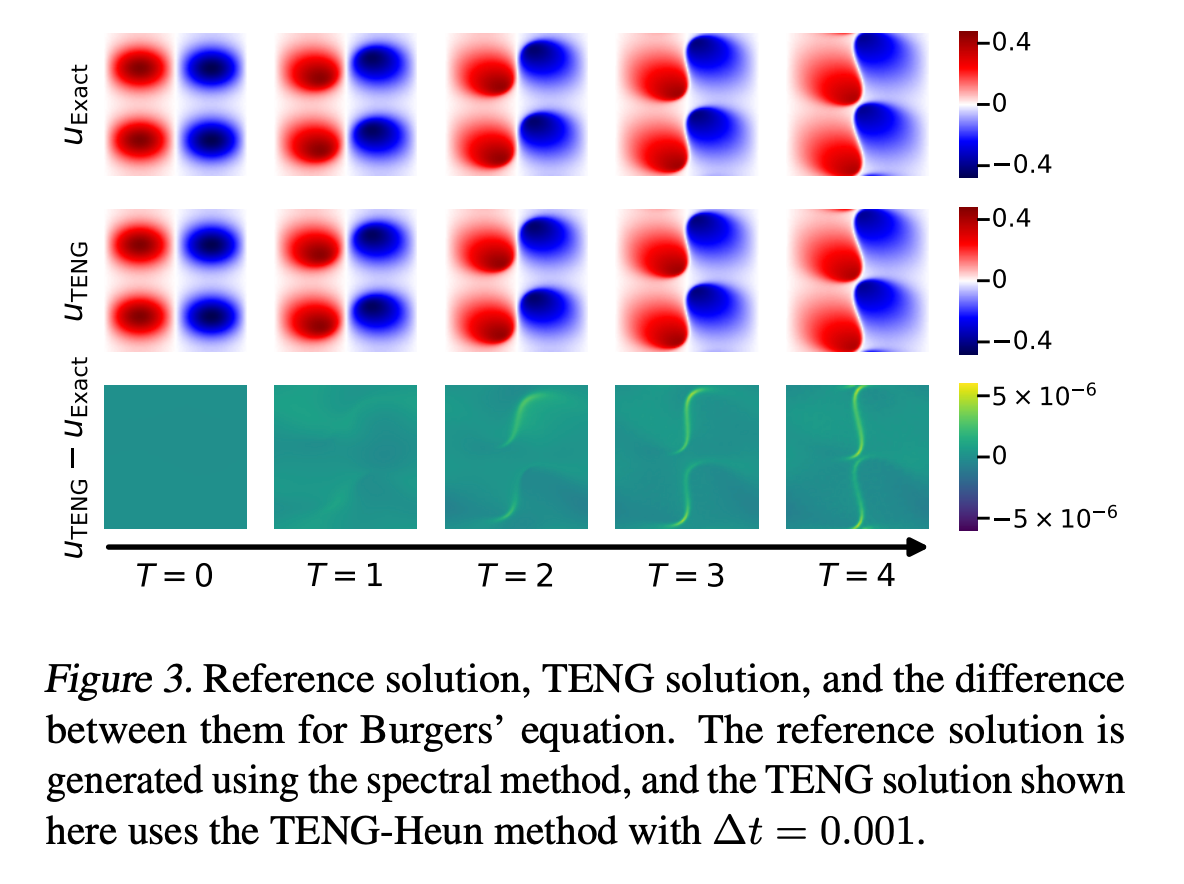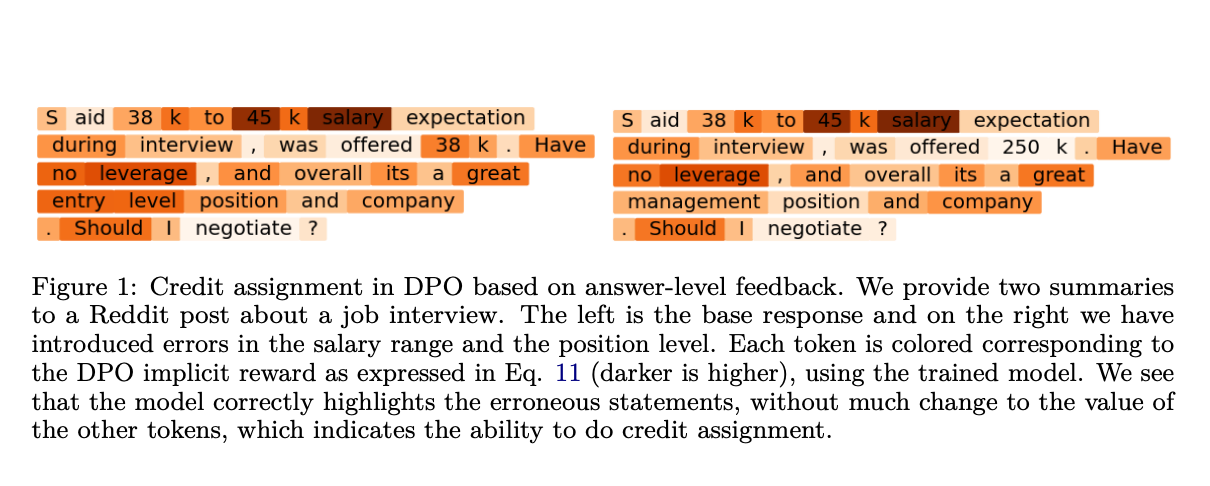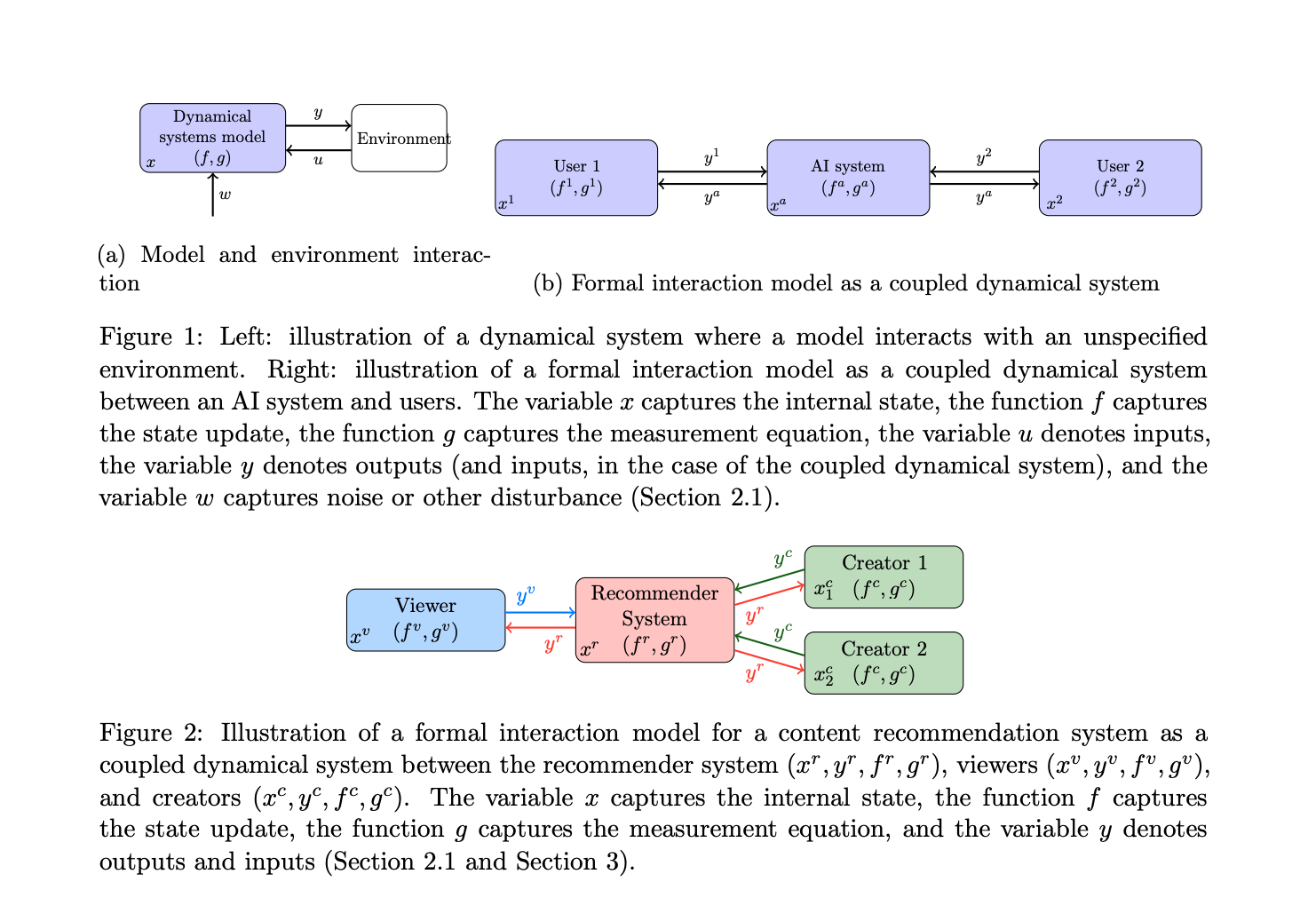Google Researchers Developed AlphaQubit: A Deep Learning-based Decoder for Quantum Computing Error Detection

Quantum computing, despite its potential to outperform classical systems in certain tasks, faces a significant challenge: error correction. Quantum systems are highly sensitive to noise, and even the smallest environmental disturbance can lead to computation errors, affecting the expected outcomes. Unlike classical systems, which can use redundancy through multiple bits to handle errors, quantum error correction is far more complex due to the nature of qubits and their susceptibility to errors like cross-talk and leakage. To achieve practical fault-tolerant quantum computing, error rates must be minimized to levels far below the current capabilities of quantum hardware. This remains one of the biggest hurdles in scaling quantum computing beyond the experimental stage.
AlphaQubit: An AI-Based Decoder for Quantum Error Detection
Google Research has developed AlphaQubit, an AI-based decoder that identifies quantum computing errors with high accuracy. AlphaQubit uses a recurrent, transformer-based neural network to decode errors in the leading error-correction scheme for quantum computing, known as the surface code. By utilizing a transformer, AlphaQubit learns to interpret noisy syndrome information, providing a mechanism that outperforms existing algorithms on Google’s Sycamore quantum processor for surface codes of distances 3 and 5, and demonstrates its capability on distances up to 11 in simulated environments. The approach uses two-stage training, initially learning from synthetic data and then fine-tuning on real-world data from the Sycamore processor. This adaptability allows AlphaQubit to learn complex error distributions without relying solely on theoretical models—an important advantage for dealing with real-world quantum noise.
Technical Details
AlphaQubit relies on machine learning, specifically deep learning, to decode quantum errors. The decoder is based on a combination of recurrent neural networks and transformer architecture, which allows it to analyze quantum errors using historical stabilizer measurement data. The stabilizers represent relationships between physical qubits that, when disrupted, indicate potential errors in logical qubits. AlphaQubit updates internal states based on multiple rounds of error-correction measurements, effectively learning which types of errors are likely under real conditions, including noise sources such as cross-talk and leakage.

This model differs from conventional decoders by its ability to process and utilize soft measurement data, which are continuous values providing richer information than simple binary (0 or 1) outcomes. This results in higher accuracy, as AlphaQubit can take advantage of subtle signals that other decoders, which treat inputs as binary, may miss. In tests, AlphaQubit demonstrated consistent success in maintaining lower logical error rates compared to traditional decoders like minimum-weight perfect matching (MWPM) and tensor-network decoders.
AlphaQubit’s development is significant for several reasons. First, it highlights the use of artificial intelligence to enhance quantum error correction, demonstrating how machine learning can address the challenges that arise from the randomness and complexity of quantum systems. This work surpasses the results of other error correction methods and introduces a scalable solution for future quantum systems.

In experimental setups, AlphaQubit achieved a logical error per round (LER) rate of 2.901% at distance 3 and 2.748% at distance 5, surpassing the previous tensor-network decoder, whose LER rates stood at 3.028% and 2.915% respectively. This represents an improvement that suggests AI-driven decoders could play an important role in reducing the overhead required to maintain logical consistency in quantum systems. Moreover, AlphaQubit’s recurrent-transformer architecture scales effectively, offering performance benefits at higher code distances, such as distance 11, where many traditional decoders face challenges.
Another important aspect is AlphaQubit’s adaptability. The model undergoes an initial training phase with synthetic data, followed by fine-tuning with experimental data from the Sycamore processor, which allows it to learn directly from the environment in which it will be applied. This method greatly enhances its reliability, making it more suitable for use in complex, real-world quantum computers where traditional noise models may be inaccurate or overly simplistic.
Conclusion
AlphaQubit represents a meaningful advancement in the pursuit of error-free quantum computing. By integrating advanced machine learning techniques, Google Research has shown that AI can address the limitations of traditional error-correction approaches, handling complex and diverse noise types more effectively. The ability to adapt through real-world training also ensures that AlphaQubit remains applicable as quantum hardware evolves, potentially reducing the number of physical qubits required per logical qubit and lowering operational costs. With its promising results, AlphaQubit contributes to making practical quantum computing a reality, paving the way for advancements in fields such as cryptography and material science.
Check out the Paper and Details. All credit for this research goes to the researchers of this project. Also, don’t forget to follow us on Twitter and join our Telegram Channel and LinkedIn Group. If you like our work, you will love our newsletter.. Don’t Forget to join our 55k+ ML SubReddit.
[FREE AI VIRTUAL CONFERENCE] SmallCon: Free Virtual GenAI Conference ft. Meta, Mistral, Salesforce, Harvey AI & more. Join us on Dec 11th for this free virtual event to learn what it takes to build big with small models from AI trailblazers like Meta, Mistral AI, Salesforce, Harvey AI, Upstage, Nubank, Nvidia, Hugging Face, and more.
Asif Razzaq is the CEO of Marktechpost Media Inc.. As a visionary entrepreneur and engineer, Asif is committed to harnessing the potential of Artificial Intelligence for social good. His most recent endeavor is the launch of an Artificial Intelligence Media Platform, Marktechpost, which stands out for its in-depth coverage of machine learning and deep learning news that is both technically sound and easily understandable by a wide audience. The platform boasts of over 2 million monthly views, illustrating its popularity among audiences.










